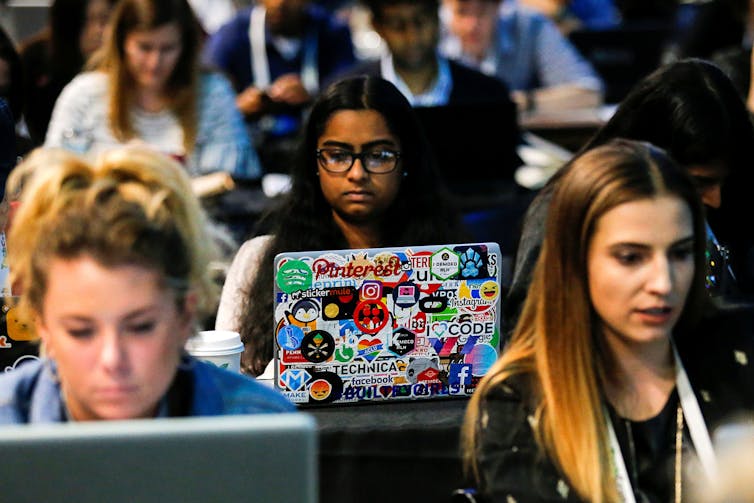By Suhaib Riaz. *

“Socializing finance” has become shorthand to describe the research that several scholars (including me) are engaged in related to social studies of finance. This stream of work involves: bringing finance into the realm of social studies; but also making the industry aware of other ways of thinking and doing, beyond their current status quo; this also often has an element of (social) interaction with the industry thrown in. All these are consistent with various meanings of ‘socializing’ and are much needed efforts.
But there is a flip side to this aspect. How critically aware are we that finance is also on a mission to socialize us – in the sense of influencing our thinking – even as we may attempt to ‘socialize’ it?
In my work (in collaboration most prominently with Sean Buchanan, Trish Ruebottom, Madeline Toubiana) and that of a few other scholars, this seems to be a theme too powerful and important to ignore.
Finance is indeed at work to socialize us – to influence our ways of thinking about it through various means. At the peak of the financial crisis, various categories of elite actors seemed bounded by these ways of thinking about the financial industry resulting in configurations of positions often in favor of status quo (see Riaz et al., 2011). More specifically, financial industry leadership may well see it as their task to defend the institutional framework in which the current version of their industry thrives; and accordingly work to ‘socialize’ the rest of us – all stakeholders- to accept their view of finance and its role in society as the ultimate one by claiming epistemic authority in this domain (see Riaz et al., 2016). Continue reading →




